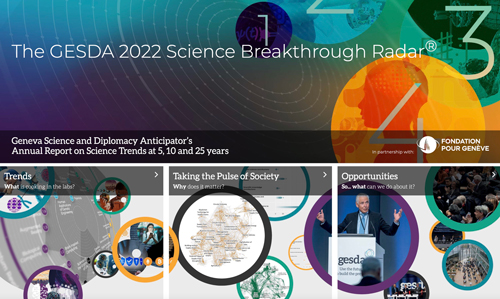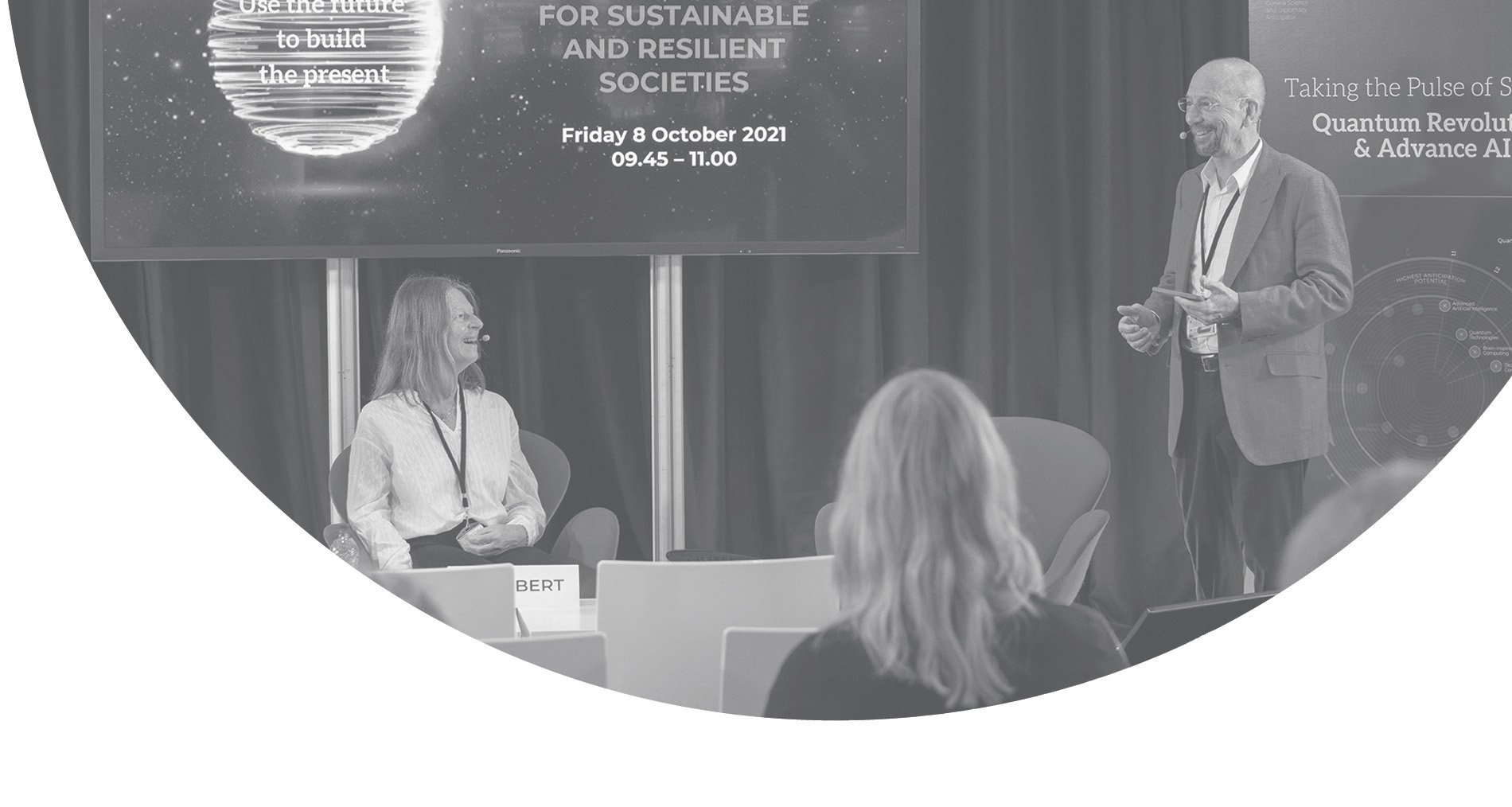Global economies face several challenges in the future: first, a wave of technological developments fuelled by artificial intelligence (AI) will further test the limits of today's views about labour, capital and employment. Second, climate change creates an urgent necessity to use natural resources more carefully. Third, there are grounds for a move against globalisation and towards more localisation that could undo the benefits of international specialisation. These developments call for a new economic compass to help us chart a course through the policy challenges ahead. This will help anticipate winners and losers of economic shifts ahead of time, design welfare systems fit to purpose, better understand and counter environmental externalities associated with various economic choices and build more resilience into the global economy.
- Which policy interventions have the best chance to guarantee human employment in meaningful jobs and avoid growing inequalities when intelligent machines become more widespread in the future?
- How can we move rapidly towards a regenerative circular economy that limits the impact of our economic actions on the planet while assuring the well-being of all?
- Can we make globalisation more resilient and sustainable without losing the benefits of international specialisation?
Takeaway messages

